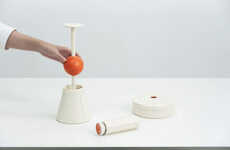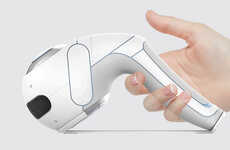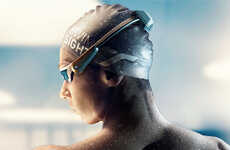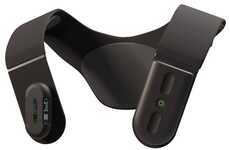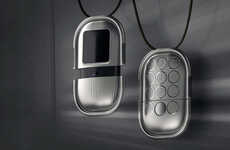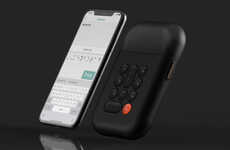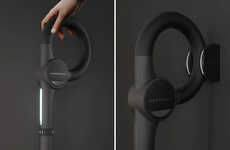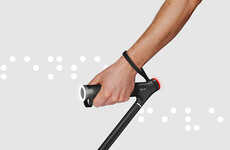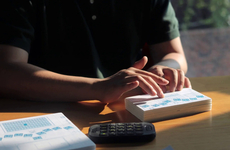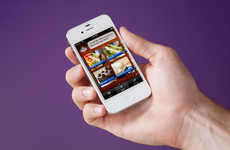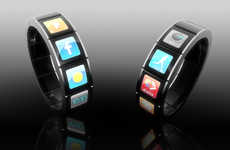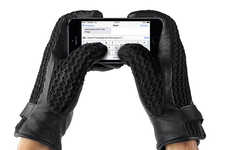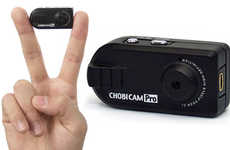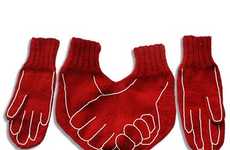
Project Bee Navigator Affords the Visually Impaired Independence
Amelia Roblin — September 6, 2011 — Lifestyle
References: news-mobile.eu & designbuzz
It's brilliant to see the number of industrial design concepts that have stepped up to the challenge of aiding the visually impaired, and the Project Bee Navigator is yet another intriguing invention that aims to operate in a fashion unique to its contemporaries' performance. This device is not a complex one which strives to completely overstimulate the user, but rather it benefits him simply by acting as a helpful guide.
Tao Lin's creation can of course mark and save locations with arm movement commands, but it can also inform the user of any obstacles in front of him. When embarking on a journey, one can program the wrist-worn GPS system for optimized foot, car or bus routes, giving the owner of the Project Bee Navigator options and independence.
Photo Credits: Tao Lin
Tao Lin's creation can of course mark and save locations with arm movement commands, but it can also inform the user of any obstacles in front of him. When embarking on a journey, one can program the wrist-worn GPS system for optimized foot, car or bus routes, giving the owner of the Project Bee Navigator options and independence.
Photo Credits: Tao Lin
Trend Themes
1. Assistive Technology Devices - There's potential for designing more assistive wearable technology devices for people with disabilities, such as using AI and machine learning for advanced obstacle detection and autonomous control.
2. Sensory Extension Gadgets - Creating technology gadgets that extend the senses via non-invasive methods such as sonar or electrical stimuli could revolutionize how the differently-abled perceive their environments.
3. Smart City Innovations for Accessibility - Integrating smart city technologies such as Google Maps and sensors into urban infrastructure could allow for real-time navigation and obstacle avoidance support for people with disabilities.
Industry Implications
1. Wearable Technology - Wearable technology companies could design wearable gadgets with sensors, GPS and AI to aid differently-abled people in their daily lives.
2. Assistive Technology - The assistive technology industry could develop new devices for people with various disabilities, offering numerous innovative solutions to assist them in their daily lives.
3. Urban Planning - Urban planners and architects could integrate smart city technologies into the design of public spaces, offering digitally-enabled solutions for everyone, including the visually-impaired.
3
Score
Popularity
Activity
Freshness

